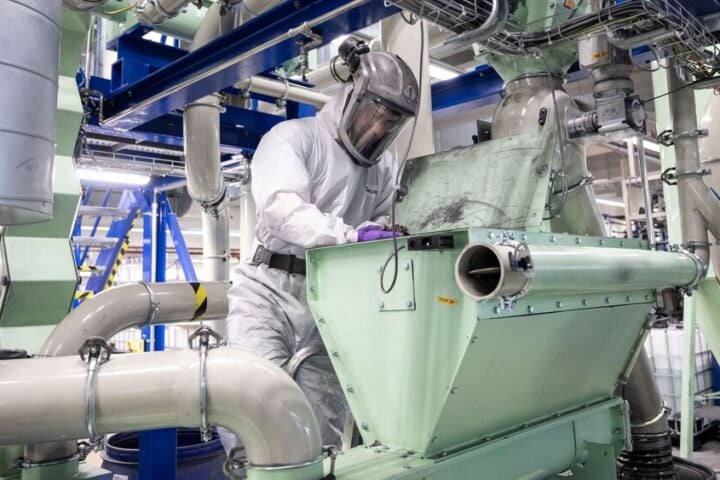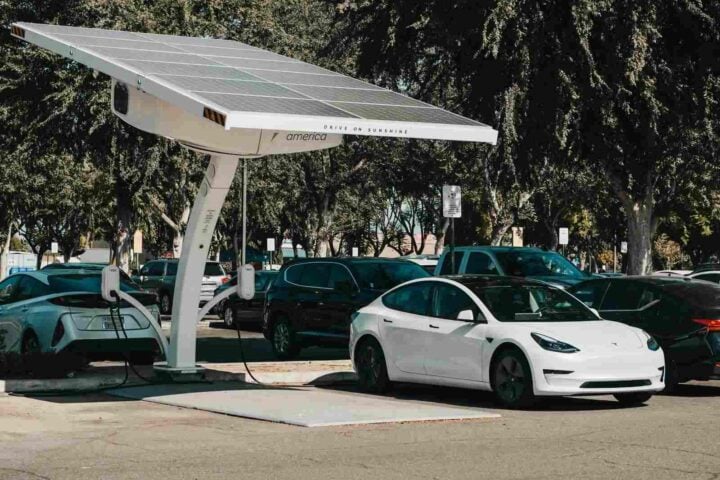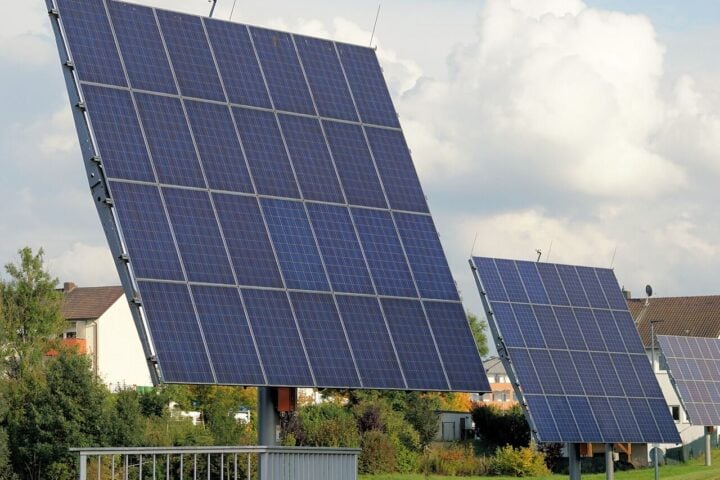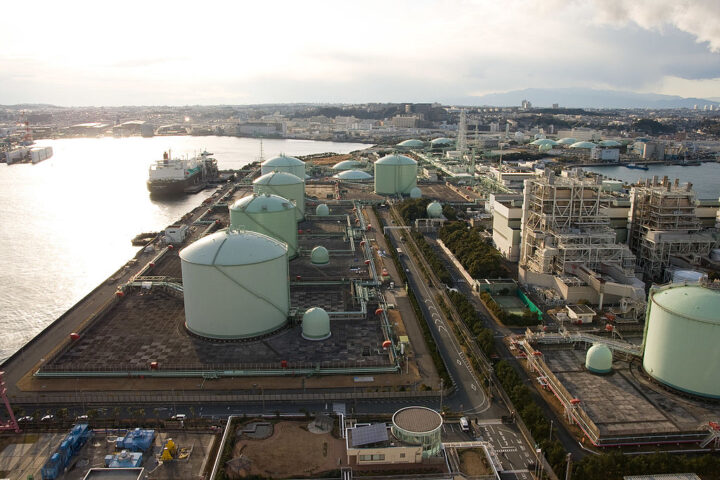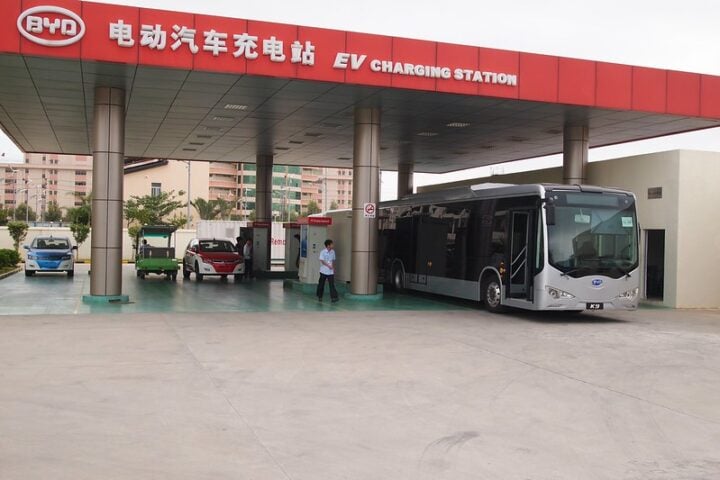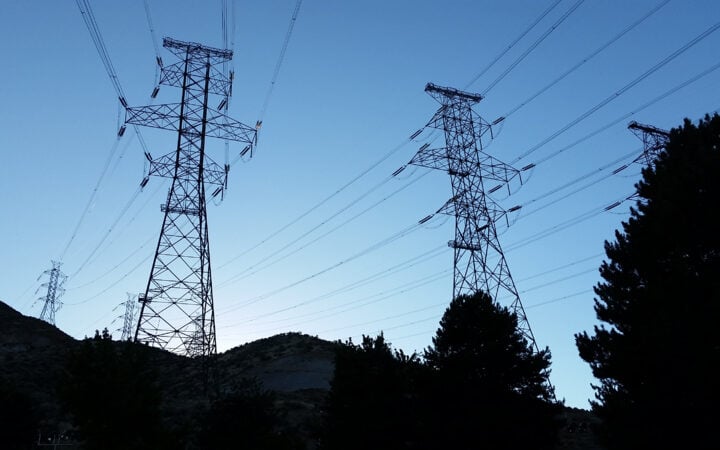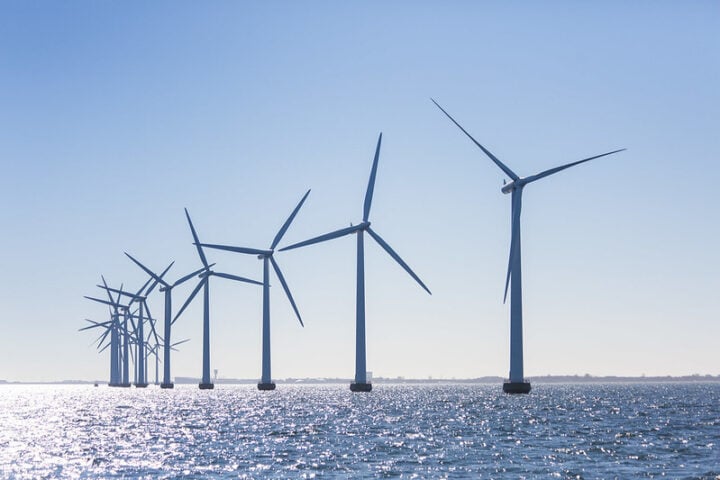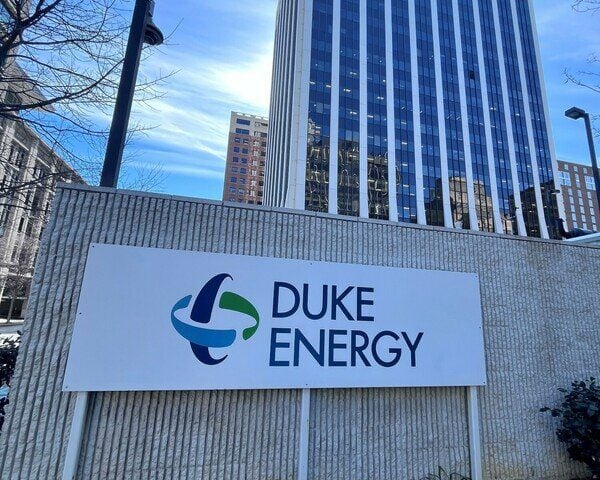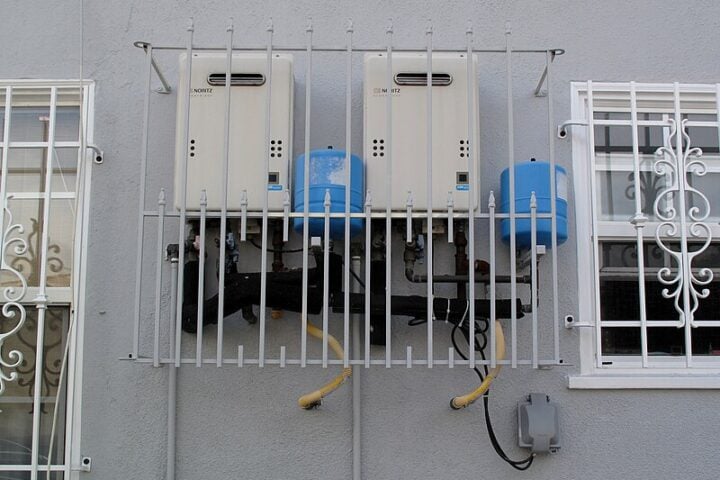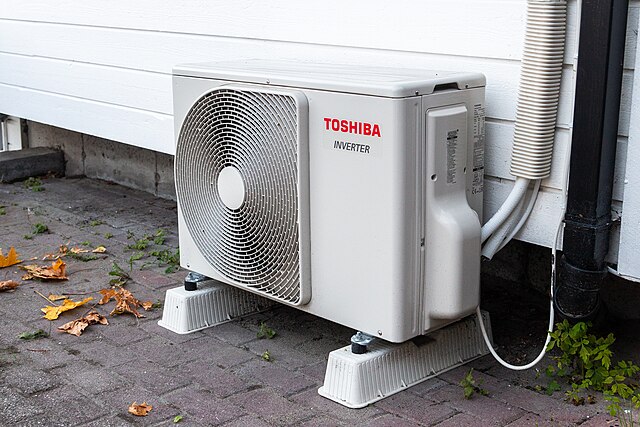In light of New York City Climate Week, 14 global financial institutions showed support to the agenda of tripling the global nuclear energy capacity by 2050 at an event organised by Net Zero Nuclear. As an initiative, Net Zero Nuclear seeks unparalleled partnership between government and industries to expand the global nuclear capacity to achieve carbon neutrality by 2050.
These institutions are representing those nations that supported the declaration pronouncing enhanced nuclear energy use at COP28. Financial institutions like Abu Dhabi Commercial Bank, Ares Management, Bank of America, Barclays, BNP Paribas, Brookfield, Citi, Credit Agricole CIB, Goldman Sachs, Guggenheim Securities LLC, Morgan Stanley, Rothschild & Co., Segra Capital Management, and Societe Generale participated in this event.
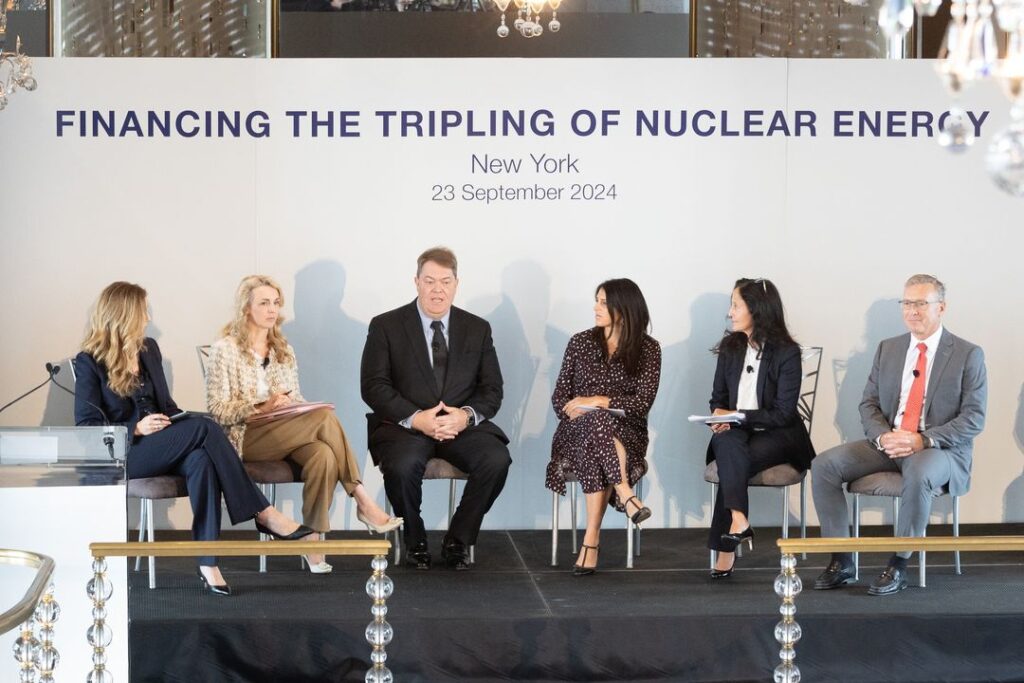
UN Climate Change Conferences (or COPs) are the world’s only multilateral decision-making forum on climate change and host a conference annually that observes participation from nations across the globe. Last year, the United Arab Emirates (UAE) hosted the 28th COP in Dubai. 198 countries became signatory to the UN Framework Convention on Climate Change (UNFCCC) and officially agreed to increase the use of low-emission technologies. This is the first such instance of unity and collaboration since the inception of COPs in 1995.
However, rising interest rates and commodity prices are making adoption of nuclear power challenging. Therefore, to promote nuclear technology, countries like the United States, Canada, France, Japan, South Korea, UAE, and the UK asked financial institutions like the World Bank, regional development banks, and other international financial institutions to include the nuclear energy sector in their lending policies. Secure supply chains of energy by the deployment of nuclear technology is the need of the hour.
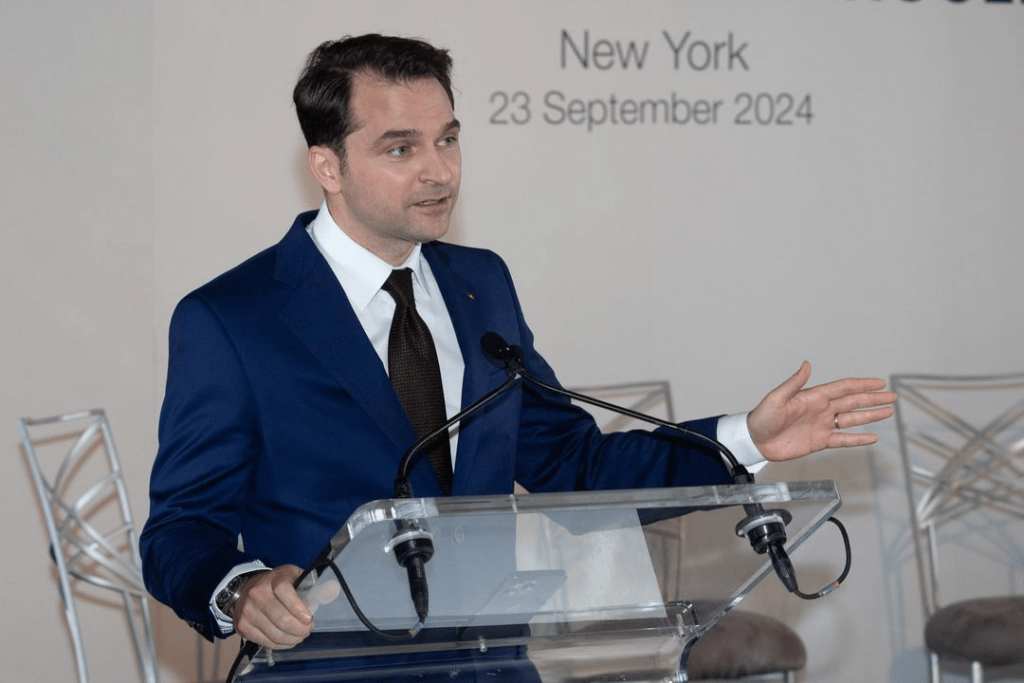
Recently, Microsoft and Constellation Energy Corporation signed a 20-year power purchase agreement aimed at restarting a nuclear plant based out in Three Mile Island, Pennsylvania. Microsoft plans to power the data centres in PJM (Pennsylvania-New Jersey-Maryland Interconnection) with carbon-free nuclear energy, which will be purchased from the renovated nuclear plant.
Similar Posts
Similarly, Oracle’s Chairman, Larry Ellison, announced in the recent earnings call that the company is planning to build a data centre that will be powered by three small modular nuclear reactors (SMRs) aimed at generating 1 gigawatt of electricity, fulfilling their needs for upcoming projects, such as the development of a supercomputer more powerful than Colossus.
John Podesta, Senior Advisor to the President for International Climate Policy, said that “our collective mission is clear: nuclear energy is clean energy, and if we are to ensure a liveable planet, build secure, sustainable supply chains for clean energy, and bolster prosperity around the world, we need to make sure that nuclear energy does its part. I know we can make it happen—as long as we work together.”
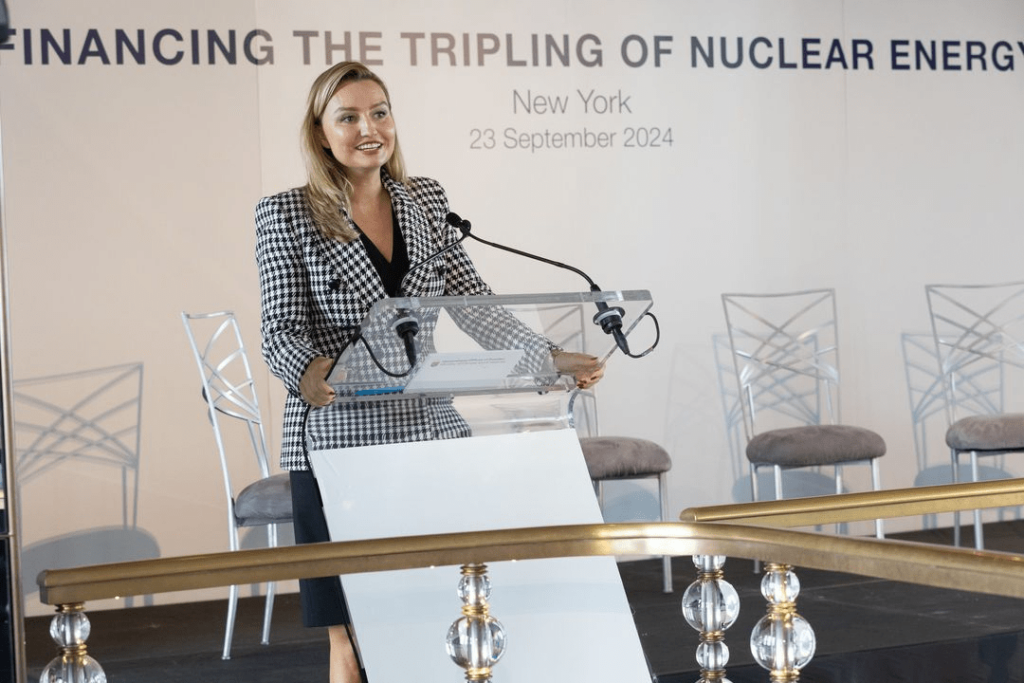
Dr. Sama Bilbao y León, Director General of the World Nuclear Association, added to that. “I welcome today’s announcement from leaders in the global finance community who publicly pledged their support to the ambition to triple nuclear energy capacity by 2050. Now we need to see today’s commitment translate to changes in lending policies and greater access for nuclear to sustainable finance mechanisms. Nuclear offers investors long-term returns and a means of tackling the world’s urgent and growing need for abundant, affordable, 24/7 clean energy. Today was a major step forward. Meeting the goal of tripling nuclear output will require the commitment and ingenuity of policymakers, financial leaders, the nuclear industry, and many others in a coalition of the ambitious.”
With growing demand for energy around the globe, the future of nuclear energy looks prosperous. The factors such as cost-effectiveness, sustainability, and mass production capability make it a viable renewable energy source for the upcoming future.


